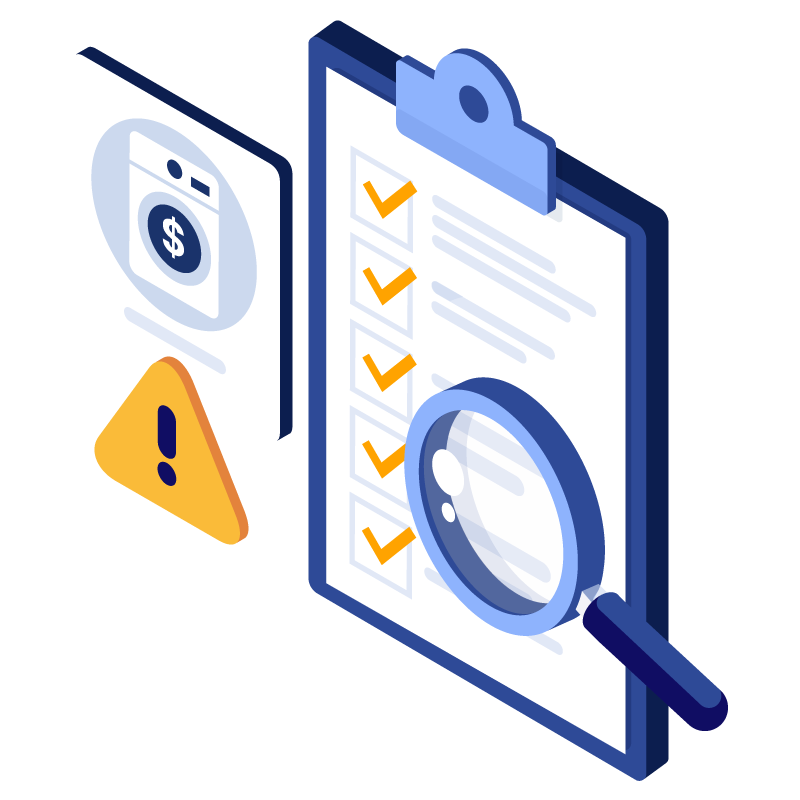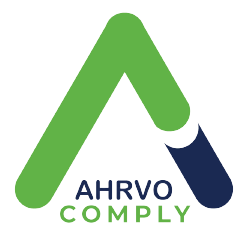Money service businesses (MSBs) serve as vital conduits in the financial system, offering a spectrum of financial services. However, they are also prime targets for money launderers and financial criminals. To mitigate these risks and ensure compliance with anti-money laundering (AML) regulations, MSBs must adhere to stringent guidelines. This article presents a practical checklist for MSBs to verify their AML compliance.
Understanding MSBs: Identifying Your Business
Before delving into compliance measures, it’s imperative to determine whether your business qualifies as an MSB. MSBs encompass a diverse range of entities involved in money conversion and transmission. These include traditional currency exchanges, digital payment processors, and even certain cryptocurrency businesses. Notably, an entity is considered an MSB if it handles transactions exceeding $1,000 per person, per day.
The AML Compliance Checklist
1. Register with FinCEN: MSBs operating in the United States must register with the Financial Crimes Enforcement Network (FinCEN) within 180 days of establishment and renew registration biennially.
2. Appoint AML Designee: Designate an individual or team responsible for overseeing AML compliance within the organization. This ensures accountability and effective implementation of AML policies.
3. Establish FinCEN Reporting Policies: MSBs must file Currency Transaction Reports (CTRs) for transactions exceeding $10,000 in a single business day per person. Additionally, report suspicious transactions via Suspicious Activity Reports (SARs).
4. Implement KYC Policies: Develop and enforce Know Your Customer (KYC) procedures to verify customer identities during onboarding. Collect essential information such as full name, date of birth, and official documents like passports or driver’s licenses.
5. Adopt Transaction Monitoring: Monitor transactions rigorously for suspicious activity indicative of money laundering or financial crime. Deviations from typical transaction patterns warrant investigation and reporting.
6. Provide AML Training: Offer comprehensive AML training to compliance staff and relevant employees to ensure awareness of regulations and adherence to procedures.
7. Invest in AML Tools: Leverage AML software solutions to streamline compliance processes. These tools automate KYC verification, transaction monitoring, and regulatory reporting, reducing manual effort and minimizing errors.
By adhering to this checklist, MSBs can enhance their AML compliance posture and mitigate the risk of money laundering. To explore how Alessa’s AML compliance software can support your organization’s efforts, schedule a free demonstration today.







